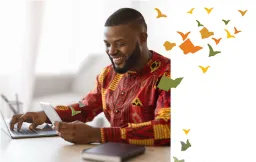Explore the dynamic world of Open Educational Resources and discover how OER Africa is driving the movement forward. This page is divided into two sections:
Articles: Our articles aim to deliver insights on OER-related themes that inform, spark conversation, and engage with the developing open education landscape, with a particular focus on Africa.
Updates: Below, the articles, you'll find updates on OER Africa’s latest initiatives, activities, and contributions to the OER community.
Articles
This section features targeted articles crafted specifically for educators, students, and the global Open Educational Resources (OER) community. The articles examine themes related to OER, offering insightful perspectives and information. The content seeks to inform, prompt discussion, and actively engage with the dynamic landscape of open education, particularly within the African context.
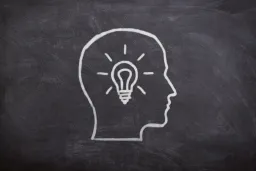
Most research is only seen by a small number of specialists. Would you like to share your research with those who can use it directly? They can be teachers, policy makers, other stakeholders, or the media. In this post, we explore how you can make your work accessible to a wider audience and release it under an open licence.
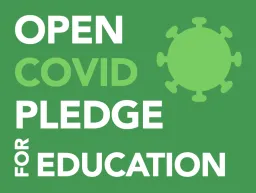
In August, OER Africa introduced the Open COVID Pledge for Education, which was launched at the OER20 Conference earlier that month. OER Africa is proud to be a founding signatory of this Pledge, which encourages individuals and organisations to make their intellectual property available through open licensing arrangements to support educators, learners and decision-makers and assist educational organisations.
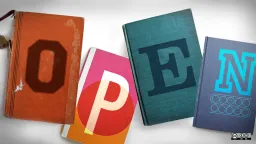
The Recommendation on Open Educational Resources (OER) (40 C/32) was adopted at the 40th UNESCO General Conference in Paris on 25th November 2019 as the culmination of a long process of UNESCO engagement with the concept of OER. Now that it is adopted and a UNESCO Dynamic Coalition has been discussing the next steps (download workshop report here), this raises the practical question of what steps government and educational institutions at all levels can do to help to operationalize the OER Recommendation.
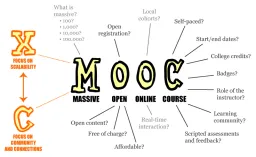
A few years ago, Massive Open Online Courses (MOOCs) were touted as “the next big thing”. They have developed since then and are part of the current education landscape. Who are they aimed at? Can university faculty members take an existing MOOC and use it in their own courses? How open are MOOCs? Where can you find them?

You have been teaching, but what have you been assessing? Can assessment also be about teaching? How do you know students have learned? It is easy to forget that instead of being separate processes, teaching and assessment have a close relationship
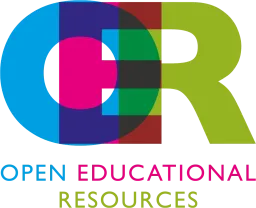
UNESCO recently hosted a set of worldwide public consultations from 22-24 July 2020, the aim being to expand and consolidate commitments to actions and strategies as well as reinforce international cooperation among all stakeholders. As we noted in a recent blog post, OER Africa provided support to UNESCO Dynamic Coalition Working Group Consultation on the OER Recommendation.
Updates
This section provides updates on OER Africa’s initiatives and activities. Stay informed about our contributions to the OER community and how we are driving the open education movement forward.
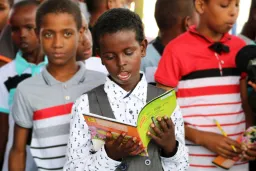
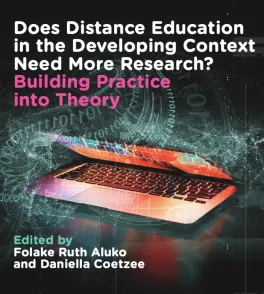
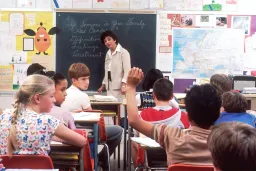
Education systems around the world have traditionally been characterized by closed knowledge systems, overly prescriptive curricula, narrow conceptions of success, and a failure to fully empower teachers as facilitators of learning. A recent paper by Neil Butcher & Associates argues that a key reason for these issues is that many education systems are inhibited by complex policy environments that, likely unintentionally, impede learning and create educational closure.
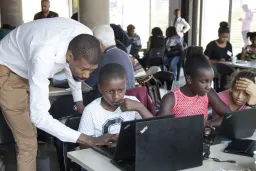
From 4 to 7 September 2023, we celebrate the inaugural Digital Learning Week – a reframing of what was previously known as Mobile Learning Week. The United Nations Educational, Scientific and Cultural Organisation (UNESCO) will convene in-person events for policymakers, practitioners, educators, private sector partners, researchers, and development agencies.
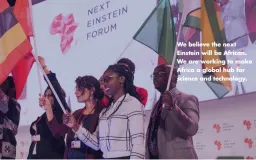
OER Africa has just published an expanded and revised 'Open Knowledge Primer for African Universities.' In the five years since we wrote the first edition, open education has now grown to include developments in open access, open data, open educational resources (OER), and open science. We thought it was time for a refresh.

